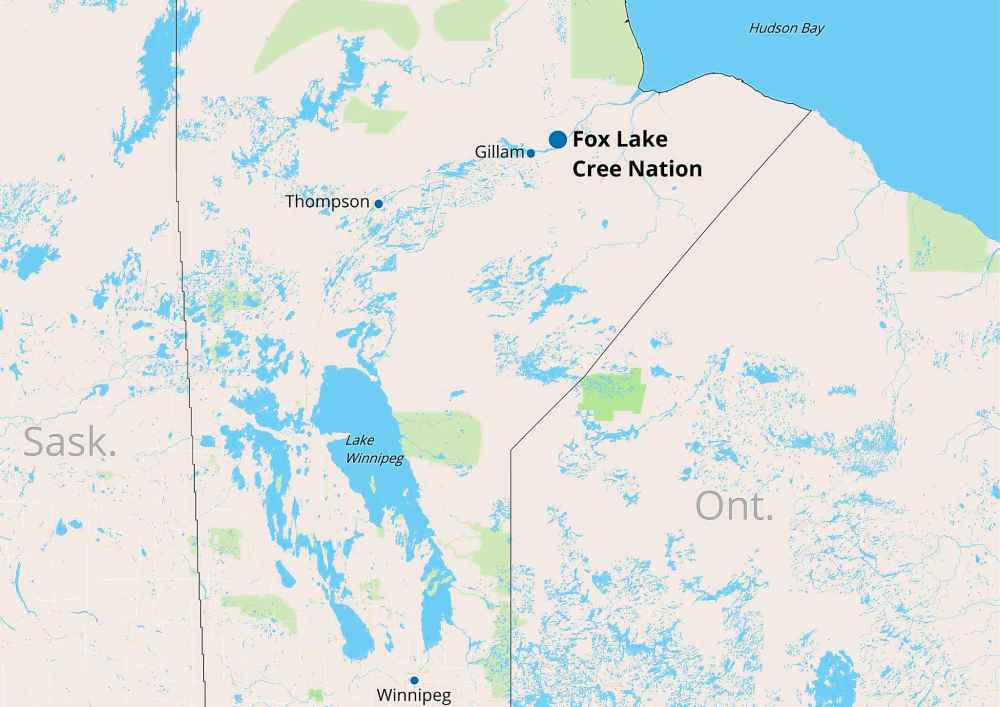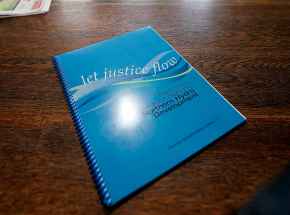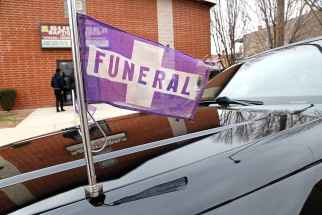Why did no one hear the victims’ voices out of Fox Lake?
Read this article for free:
or
Already have an account? Log in here »
To continue reading, please subscribe:
Monthly Digital Subscription
$0 for the first 4 weeks*
- Enjoy unlimited reading on winnipegfreepress.com
- Read the E-Edition, our digital replica newspaper
- Access News Break, our award-winning app
- Play interactive puzzles
*No charge for 4 weeks then price increases to the regular rate of $19.00 plus GST every four weeks. Offer available to new and qualified returning subscribers only. Cancel any time.
Monthly Digital Subscription
$4.75/week*
- Enjoy unlimited reading on winnipegfreepress.com
- Read the E-Edition, our digital replica newspaper
- Access News Break, our award-winning app
- Play interactive puzzles
*Billed as $19 plus GST every four weeks. Cancel any time.
To continue reading, please subscribe:
Add Free Press access to your Brandon Sun subscription for only an additional
$1 for the first 4 weeks*
*Your next subscription payment will increase by $1.00 and you will be charged $16.99 plus GST for four weeks. After four weeks, your payment will increase to $23.99 plus GST every four weeks.
Read unlimited articles for free today:
or
Already have an account? Log in here »
Hey there, time traveller!
This article was published 28/08/2018 (2660 days ago), so information in it may no longer be current.
It was the ugliest of secrets, hidden in plain view.
There was initial shock when, last week, the province released a report from Manitoba’s Clean Environment Commission on the impact of Manitoba Hydro development in northern Manitoba that included allegations of rampant racism, violence and rape in the 1960s and 1970s, some of which may have involved members of the RCMP.
After reading graphic tales of indigenous women being taken for organized “gangbangs” involving Hydro workers, Sustainable Development Minister Rochelle Squires immediately referred the report to the RCMP for further investigation. “I believe that we have unveiled years and years of silence from many of these communities who have suffered a lot of abuse,” Squires said.

Perhaps. But a closer examination of the events of the past nearly 20 years shows that, remarkably, this was not the first time these allegations were unveiled.
In fact, the witnesses and victims from Makeso Sakahikan Inninuwak-Fox Lake Cree Nation have been putting their stories on the record in a variety of forums for decades. The people who heard those stories included environmental activists, lawyers, interveners, politicians and the members of various government regulatory bodies.
In 2001, the Interchurch Inquiry into Northern Hydro Development released a report — “Let Justice Flow” — which included a handful of general references to sexual violence against women and children by Hydro workers. The report was, for reasons that are not entirely clear, almost entirely ignored by government, news organizations and the public.
In 2012, the Fox Lake Cree Nation provided a report to the CEC that included several brief references to “rapes and sexual assaults” committed by Hydro workers living in and around the Town of Gillam, a community that for decades has served as a staging point for dam construction crews.
Again, for reasons that no one seems able to explain, the report garnered almost no attention by anyone outside the CEC, despite the fact the hearings on the social and environmental impacts of new generating stations were public and available to news organizations, many of which closely followed the work of regulatory agencies.
In fact, the Fox Lake report has been freely available since 2012 on a website dedicated to the Keeyask Hydropower Limited Partnership, a consortium of four First Nations (including Fox Lake) that partnered with Hydro on construction of the Keeyask generating station.
In 2013, Manitoba’s Public Interest Law Centre, an intervener in CEC hearings on the Keeyask dam, hired a consulting firm to review the impact of Keeyask generating station construction on the health of northern communities. In that report, also freely available online, the consultants noted that the presence of Hydro workers in northern communities had contributed to an increased incidence of alcohol-related violence, drug sales, sexual assault, infidelity, pregnancy and paternal abandonment.
With an extensive body of alarming, publicly accessible allegations about crimes committed against Fox Lake residents, one is left to wonder how and why no formal police investigation was ever launched? That is certainly the question being asked by some of those most directly responsible for exposing these incidents.
Will Braun, a member of the Interchurch Council into Northern Hydro Development, told the Free Press last week that he and others are second guessing themselves about whether they should have insisted on a more robust response from government and police.
Braun suggested that he and others may have suffered from a systemic despondency. “Why didn’t we push harder for this to be pursued?” he said. “I mean, we were guilty as well of saying, ‘That’s what happens up north. I guess there’s not much that can be done.'”
Whatever the cause, the crimes committed against Fox Lake women and children somehow managed to exist in a place where they were acknowledged but never acted upon. They were not swept under the rug, nor was there any conspiracy to keep them from public view.
In fact, the details of the horrible events authored by Hydro workers and others were always available to journalists and members of the general public. It was just that no one paid any attention.
If that seems unthinkable now, we can thank the Truth and Reconciliation Commission of Canada, which in 2008 released a detailed investigation into the dark history of Indian residential schools.
In its exhaustive, almost forensic scope, the TRC set a new standard for examination of the past wrongs committed against Canada’s indigenous people. There was no past misdeed that escaped the TRC’s gaze. It now serves as the point of reference for assessing whether our response to other, similar crimes against humanity has been sufficient.
It goes without saying that our response to the Fox Lake allegations has not even come close to sufficient.
We must never blame the victims for failing to draw more attention to their pain and suffering. The people of Fox Lake told their stories to people who they believed — mistakenly it seems — would take up their cause and bring the perpetrators to justice.
The collective ‘we’ failed to act. We should never make that mistake again.
dan.lett@freepress.mb.ca

Born and raised in and around Toronto, Dan Lett came to Winnipeg in 1986, less than a year out of journalism school with a lifelong dream to be a newspaper reporter.
Our newsroom depends on a growing audience of readers to power our journalism. If you are not a paid reader, please consider becoming a subscriber.
Our newsroom depends on its audience of readers to power our journalism. Thank you for your support.



















